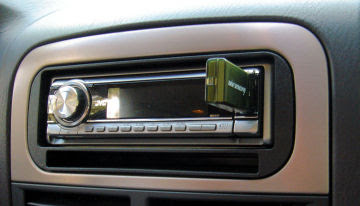 So this month I need to go to Kuala Lumpur, capital of Malaysia. I will be delivering the keynote at a conference on enterprise [information system] security. I've been there before, about 7 years ago. Back then I was living right next to LAX (right next, like the first flight of the day was my wake-up call). So getting to KL was fairly simple. Fly LA to Singapore or Taiwan and then a short hop on to KL. But getting there from Florida poses an interesting question: Fly East or West?
So this month I need to go to Kuala Lumpur, capital of Malaysia. I will be delivering the keynote at a conference on enterprise [information system] security. I've been there before, about 7 years ago. Back then I was living right next to LAX (right next, like the first flight of the day was my wake-up call). So getting to KL was fairly simple. Fly LA to Singapore or Taiwan and then a short hop on to KL. But getting there from Florida poses an interesting question: Fly East or West?My final decision came down to dollars and sense. The lowest fare from Jacksonville was out via JFK, then Korean Air to Seoul, thence to KL. Return is going to be China Air to Taipei thence to LAX and JAX. All are Delta code-share and so I will rack up some nice SkyMiles. But, and it could be a sore but, the layovers are loooong, particularly on the way out. So stand by for tips on how to kill 8 hours in JFK and Incheon, Seoul.
Also stand by for photos of KL, famous for the Petronas Towers and other impressive urban architecture. Last time I was there I killed a whole afternoon in the galleria-style mall in the base of the towers. Mainly people watching. And there are plenty to watch--24 million in a country not much bigger than New Mexico (according to the CIA).


